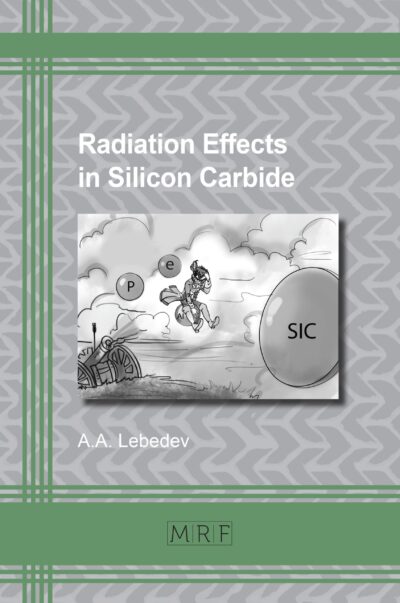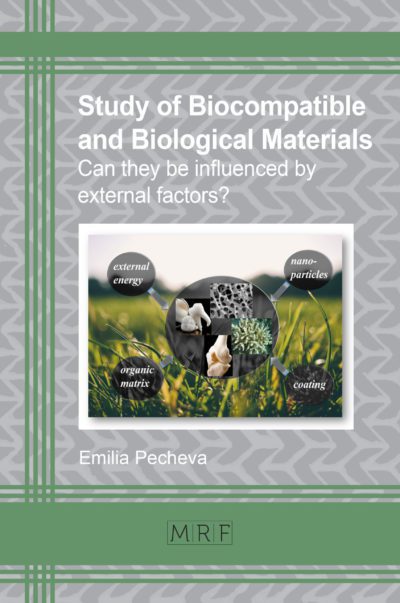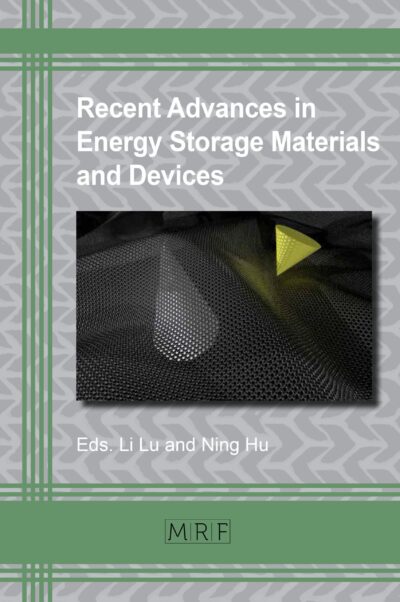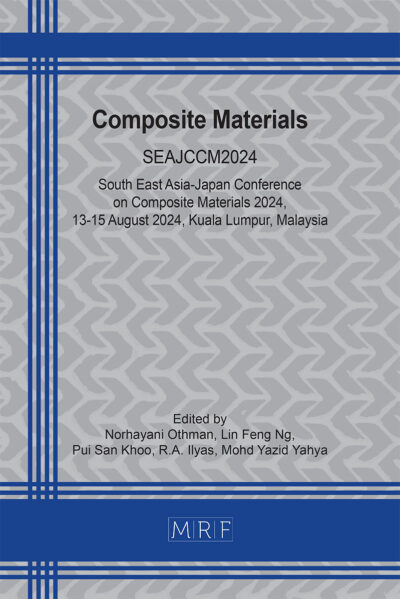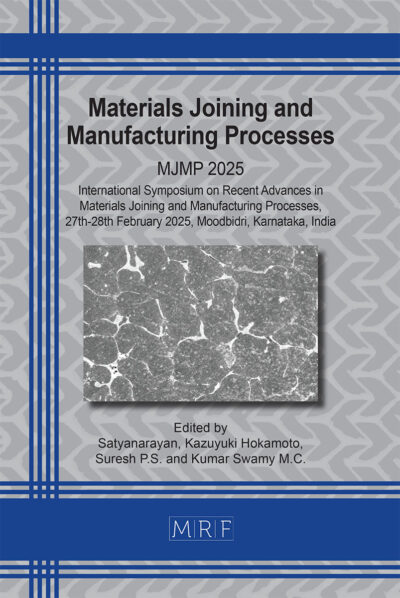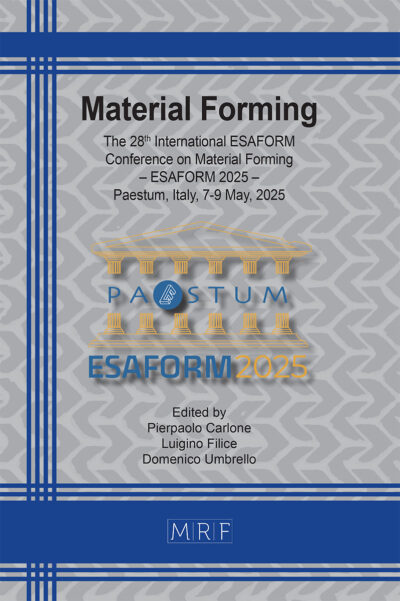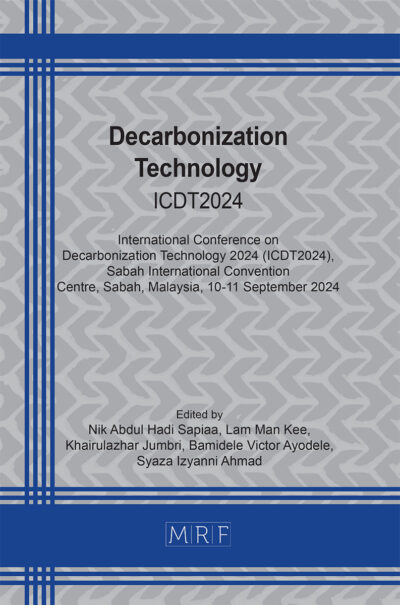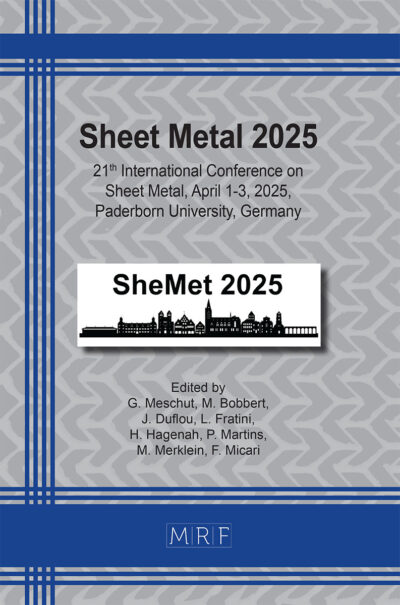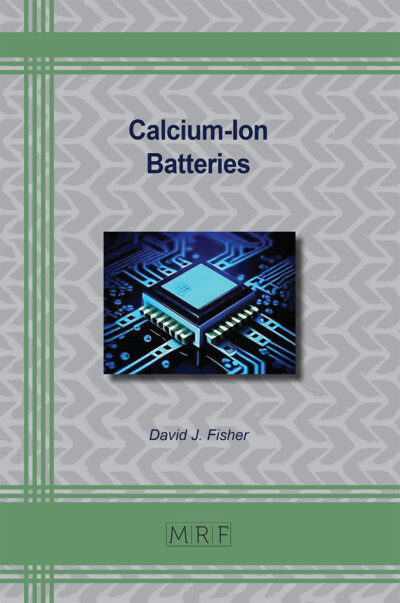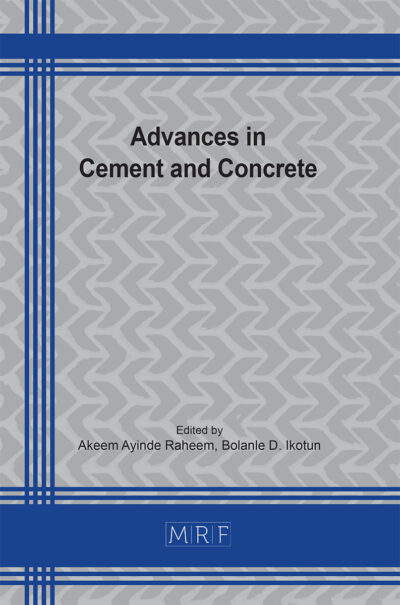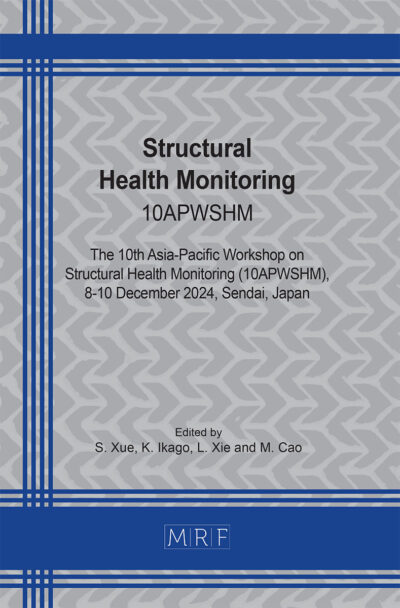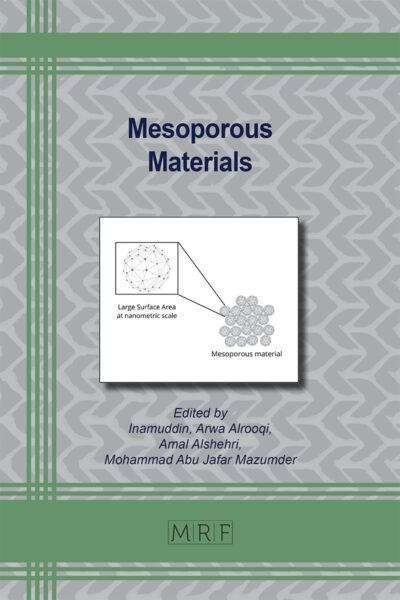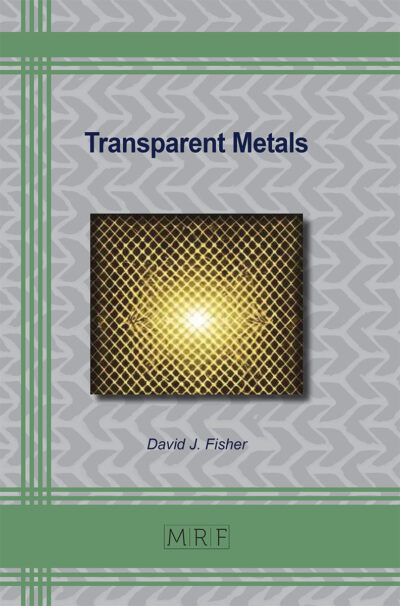Sustainable Natural Fiber Composites
Eds. Anish Khan, A. Manikandan, M. Ramesh, Imran Khan, Abdullah Mohammed Ahmed Asiri
Materials Research Foundations Vol. 122
Publication Date 2022, 312 Pages
Print ISBN 978-1-64490-184-7 (release date April 2022)
ePDF ISBN 978-1-64490-185-4
DOI: 10.21741/9781644901854
The book covers such diverse topics as cellulose fibers in cement paste and concrete, biodegradable materials for dental applications, coconut and pineapple fiber composites, biodegradable plastic composites, durability against fatigue and moisture, physical and mechanical characterization of fiber composites, improving the hydrophobic nature of fiber composites, and hybrid natural fiber composites.
Keywords
Fiber Reinforced Composites, Biodegradable Composites, Polymethyl Methacrylate, Cellulose Fibers, Coconut Fibers, Biocomposites, Resol-Vegetable Fibers, Pineapple Natural Fiber Composite, Dental Applications, Cement Paste, Concrete, Thermoplasticity, Fatigue, Moisture, Thermal Conductivity
Table of Contents
TBA


